A name can tank a product faster than bad reviews. No matter how solid the design or ingredients, people pause when the name hits the wrong note or gets a laugh for the wrong reasons. These brands probably thought they had clever or harmless names. What they got instead was confusion, jokes, and in a few cases, total disaster.
Ayds Diet Candy
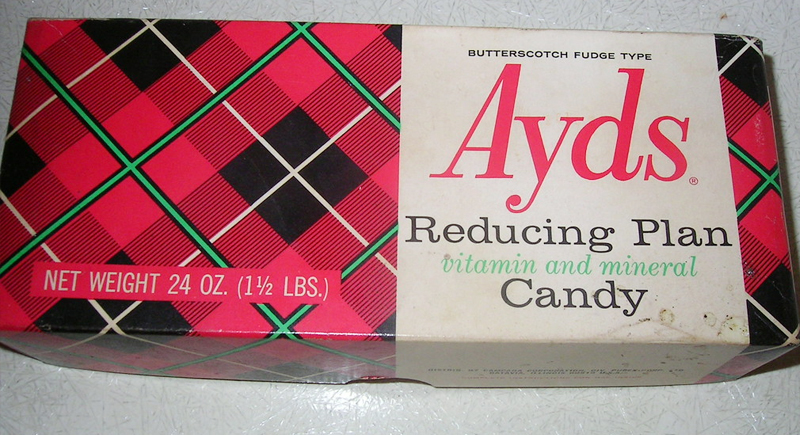
Before the AIDS epidemic, Ayds was just another diet candy. It had been around since the 1940s and sold well for decades. That changed overnight in the early ’80s. The name instantly brought the disease to mind, no matter the context. No rebranding effort worked. Even clarifying that the candy didn’t cause AIDS only made things worse.
Pee Cola
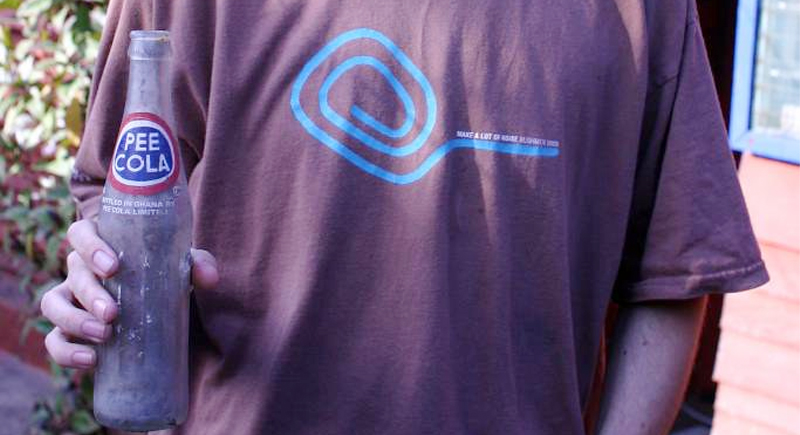
In Ghana, “pee” can mean “very good,” which helps explain how this soda got its name. But when the bottle says Pee Cola and the country’s official language is English, you can probably guess how that goes over in a store aisle. Locals might understand, but anyone else just sees a drink named after urine
Fartfull Work Bench by IKEA
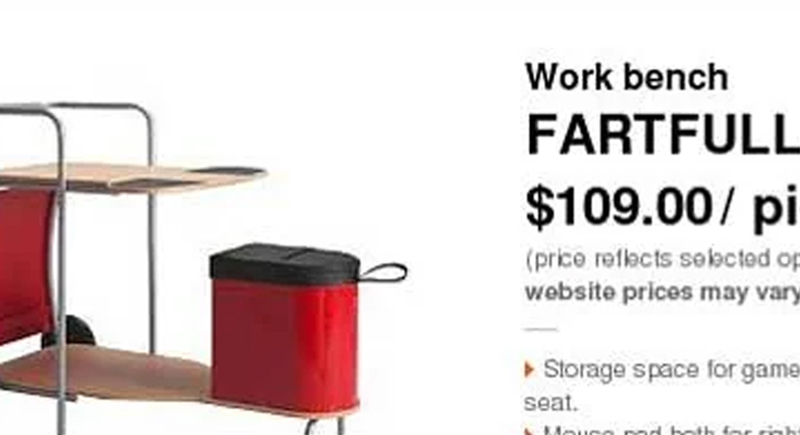
This wasn’t a joke. IKEA sold a workbench called Fartfull. In Swedish, that means “speedy.” But in English, it’s impossible not to picture a completely different scenario. IKEA uses a system for naming based on Swedish words, and most of the time, it works. This one didn’t. People laughed, made memes, and bought it as a novelty.
Douchebags Travel Gear
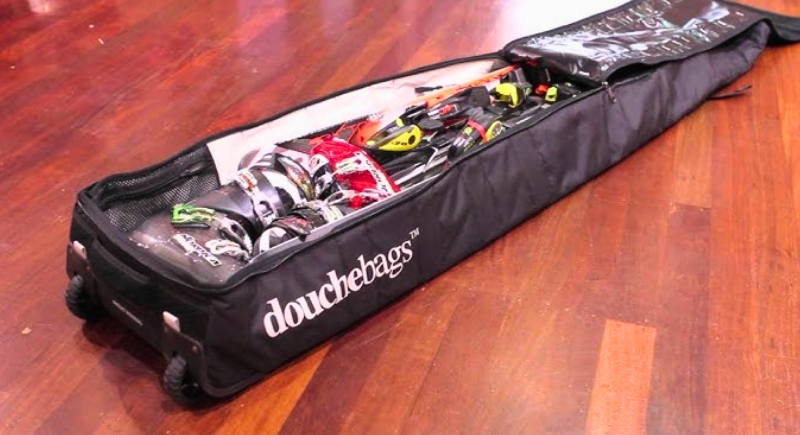
Two Scandinavian guys made ski bags and called their company Douchebags. They leaned into it fully—branded products, a website, everything. Eventually, they realized it was a tough sell outside their bubble. The name didn’t age well and didn’t translate across markets. They changed to “Db” when things got more serious. It still sounds like the original if you say it fast, but at least it’s printable now.
Monkey Gland Sauce
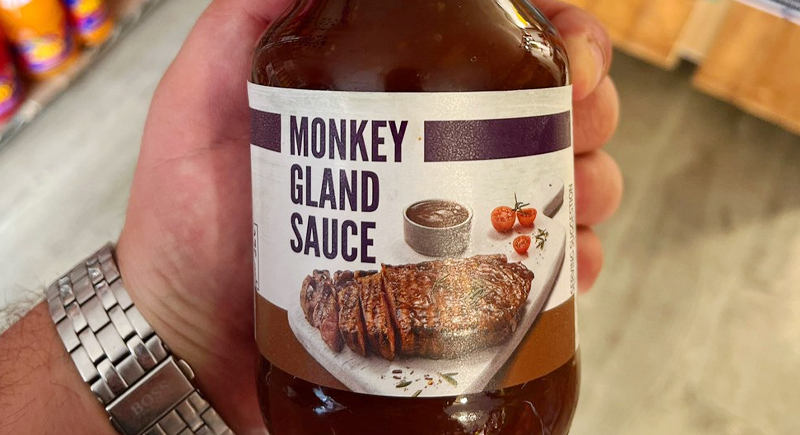
Thankfully, this South African condiment has nothing to do with monkeys or glands. It’s a sweet, tangy sauce served with steaks or burgers. The name, though, is a problem. It traces back to a 1920s health trend that most people today have never heard of. And it’s not exactly appetizing when you read the name on a menu.
Minipoo Shampoo
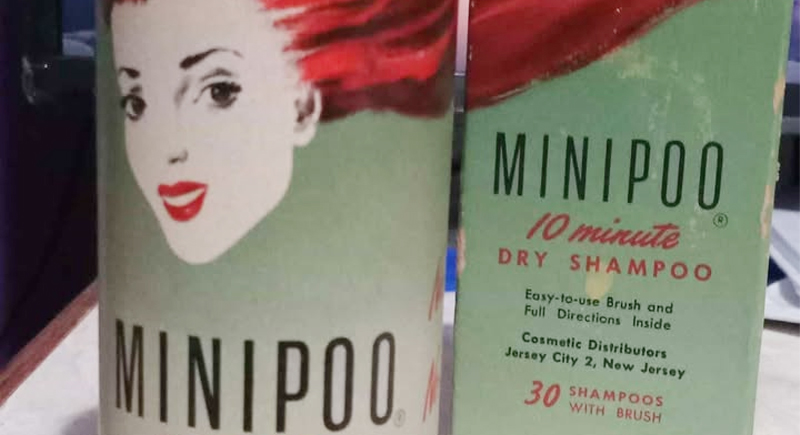
Dry shampoo should sound quick and helpful. This one sounded like something that happened in a daycare bathroom. “Mini Poo” probably felt catchy on paper, but it failed miserably. Shoppers passed it up, definitely not wanting it sitting in their homes. Jokes about it spread faster than word of mouth on performance.
K.U.M Hair Products
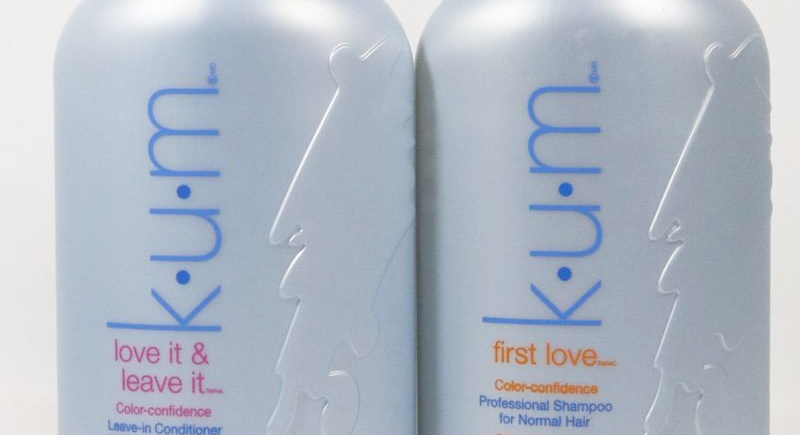
The name probably came from the kumquat extract, used in the product’s formula. The decision to shorten it to K.U.M was bold—and completely backfired. No matter how you write it, saying it aloud lands the same way. That first impression stuck, no matter what they tried. There’s no amount of good scent or shine that fixes a label people are embarrassed to say.
Vegetarian Swallow Balls
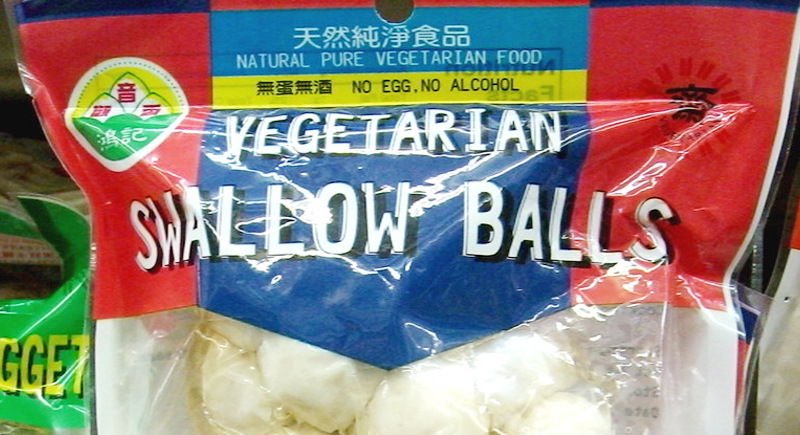
It’s hard to figure out what they were going for here. The name doesn’t clarify anything. There’s no context on the packaging, and that’s a problem. “Swallow Balls” sounds less like a snack and more like a dare. Add the word “vegetarian,” and it gets even more confusing.
Golden Circle SARS
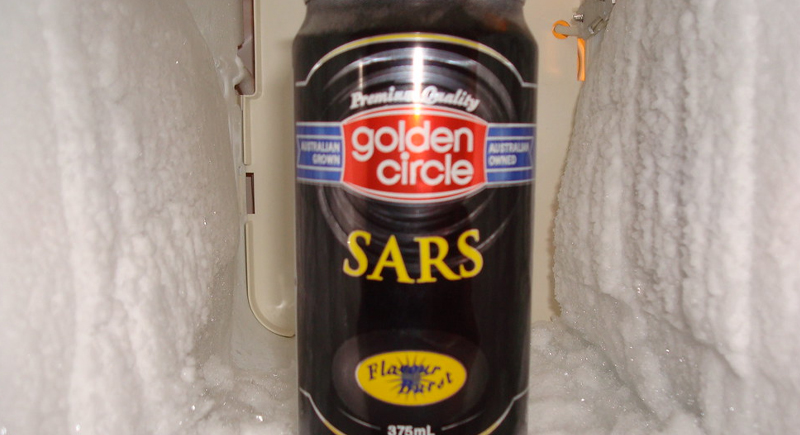
Golden Circle made a soft drink called SARS, short for sarsaparilla. Then came the SARS virus outbreak, and everything changed. The product wasn’t new, and the name wasn’t meant to reference anything medical. But it didn’t matter. Sales dropped, and shoppers were understandably cautious.
Barfy Burgers
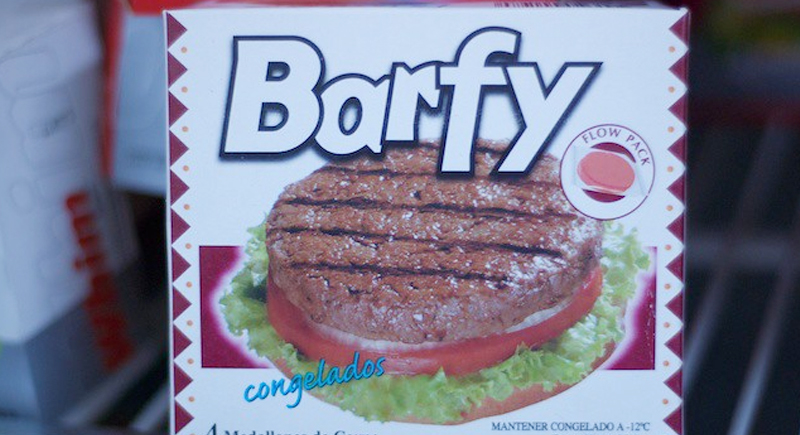
The frozen section in Argentine grocery stores included Barfy Burgers. Not because the meat is bad—Argentina is known for good beef—but because someone signed off on a label that sounds like vomit. It doesn’t appear to mean anything in Spanish either.
Whack Off Cleaner

Insect repellents usually try to sound tough or clinical. This one went another direction. The slang meaning took over, and suddenly no one cared how well it worked on grime. It became a punchline before it had a chance to be taken seriously.
Finger Marie Cookies
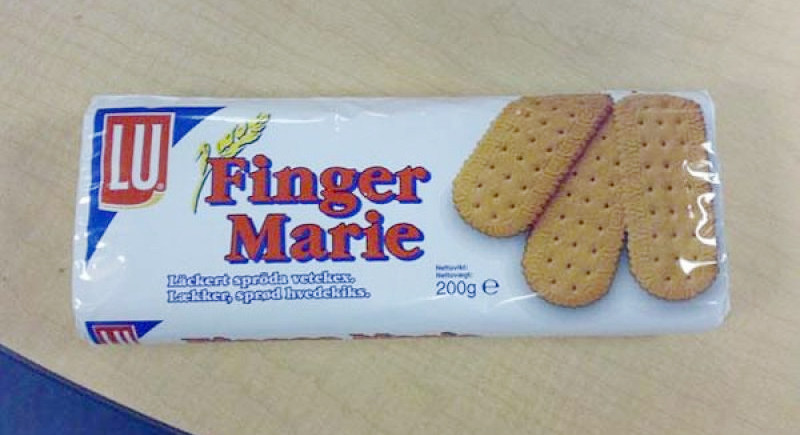
“Marie” is a standard name in biscuit branding, but “Finger Marie” didn’t land well. The name comes off awkward and vaguely suggestive, especially in English-speaking countries. That association probably never came up during development, but shoppers noticed right away. It’s the kind of name that makes parents stop short in the snack aisle.
Bladder Buddy

It’s a portable urinal, and while that part makes sense, the name doesn’t. Most people wouldn’t announce they need their Bladder Buddy, and they definitely wouldn’t want to carry it around labeled that way. A little discretion could have helped a lot.
Poop Like a Champion Cereal
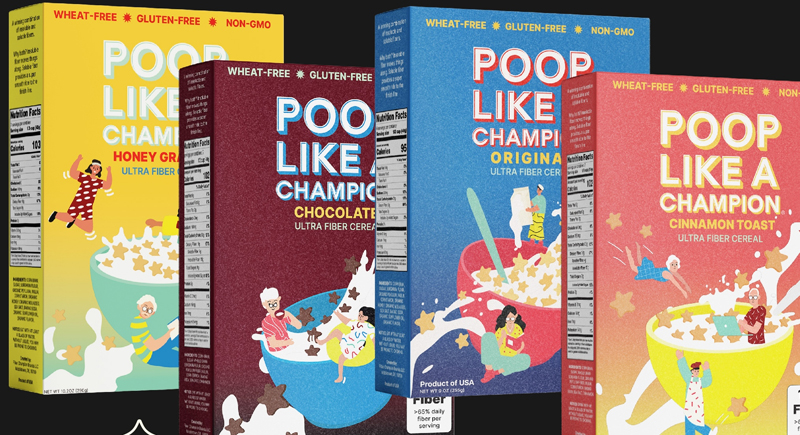
High fiber cereal that serves its function isn’t a bad idea. Naming it “Poop Like a Champion” is where things get weird. It tells you exactly what it’s meant to do, but no one really wants to talk about that over breakfast. The label is funny, but most people wouldn’t want it sitting in their kitchen.
Cemen Dip
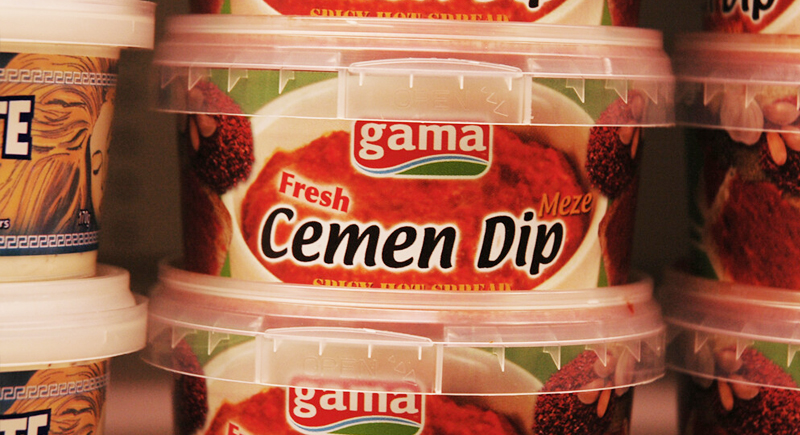
This Turkish dip is made with tomato paste, garlic, and walnuts. “Cemen” isn’t offensive in Turkish, but the English pronunciation kills its chances outside that region. Mentioning the name in conversation usually gets a weird look, and right now, that is probably keeping it off a lot of grocery lists.